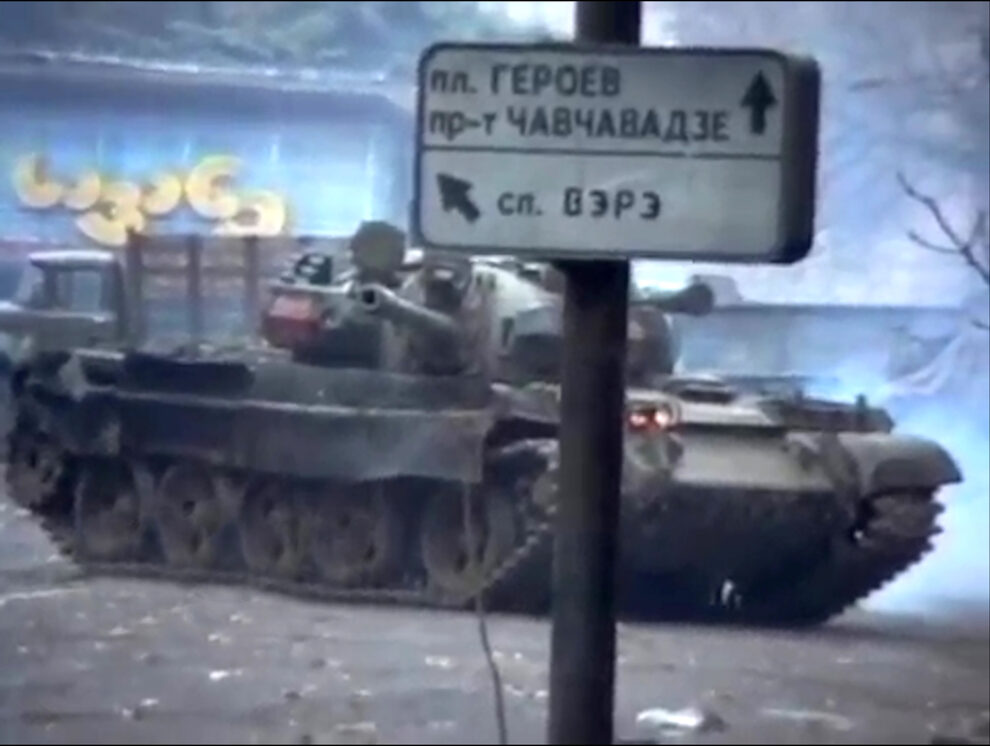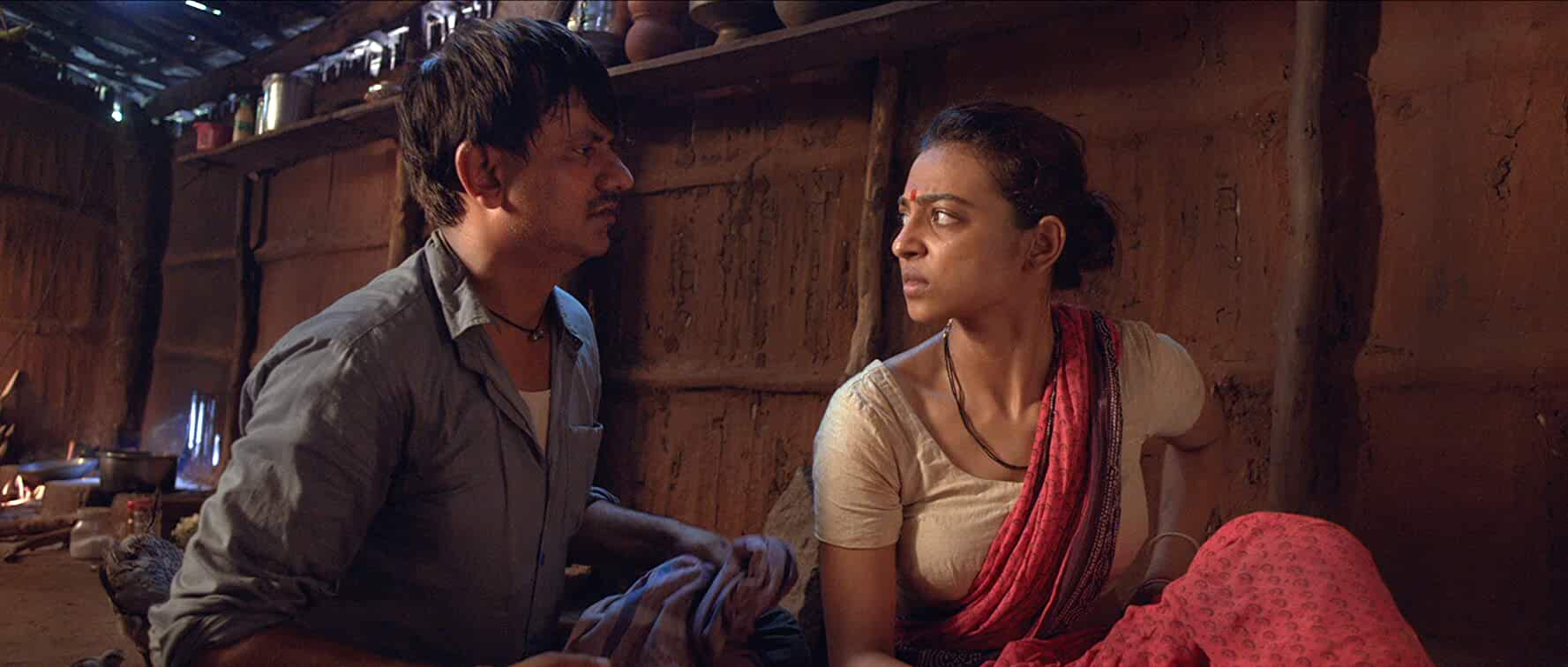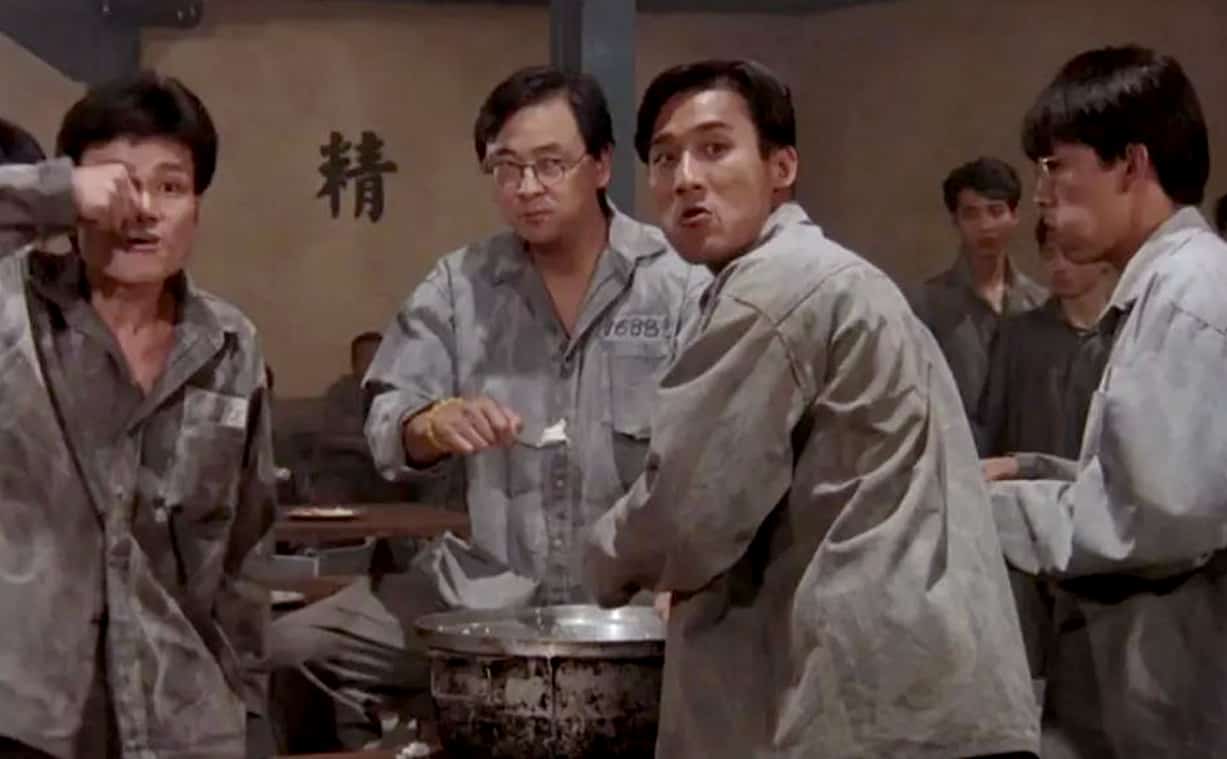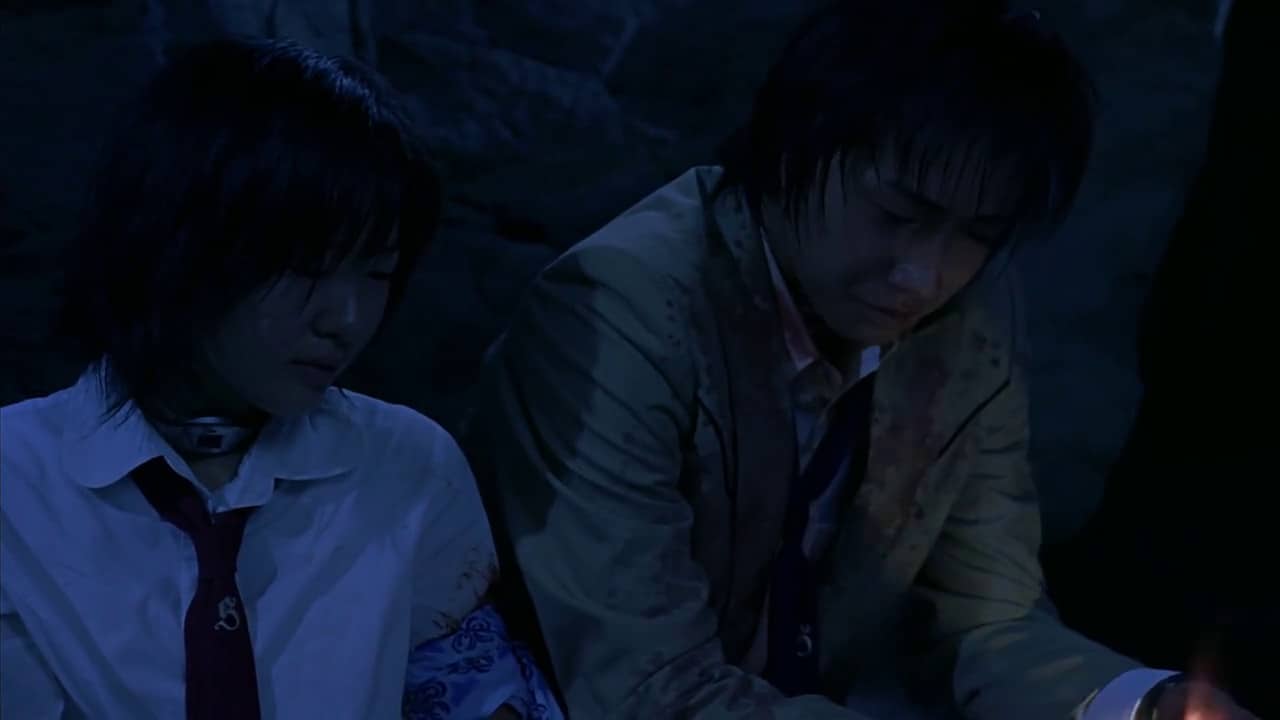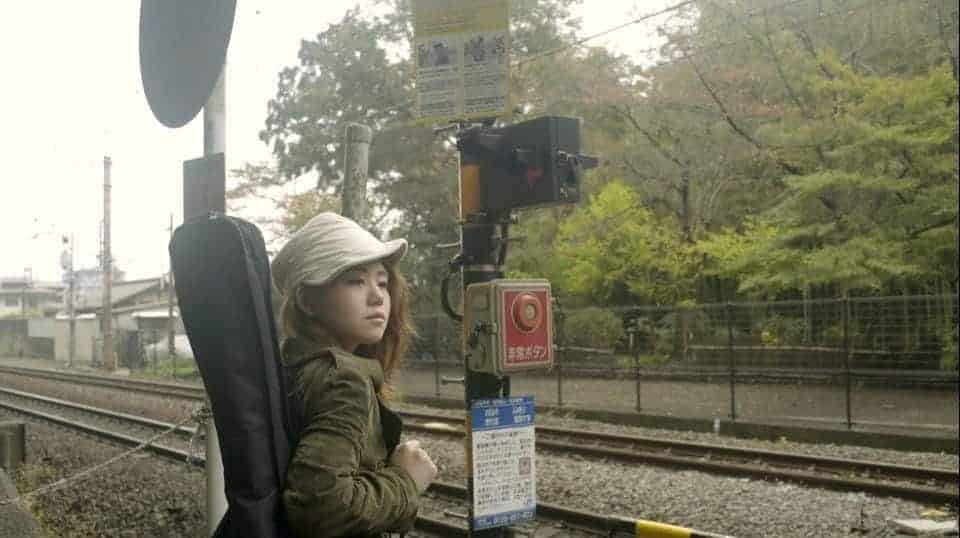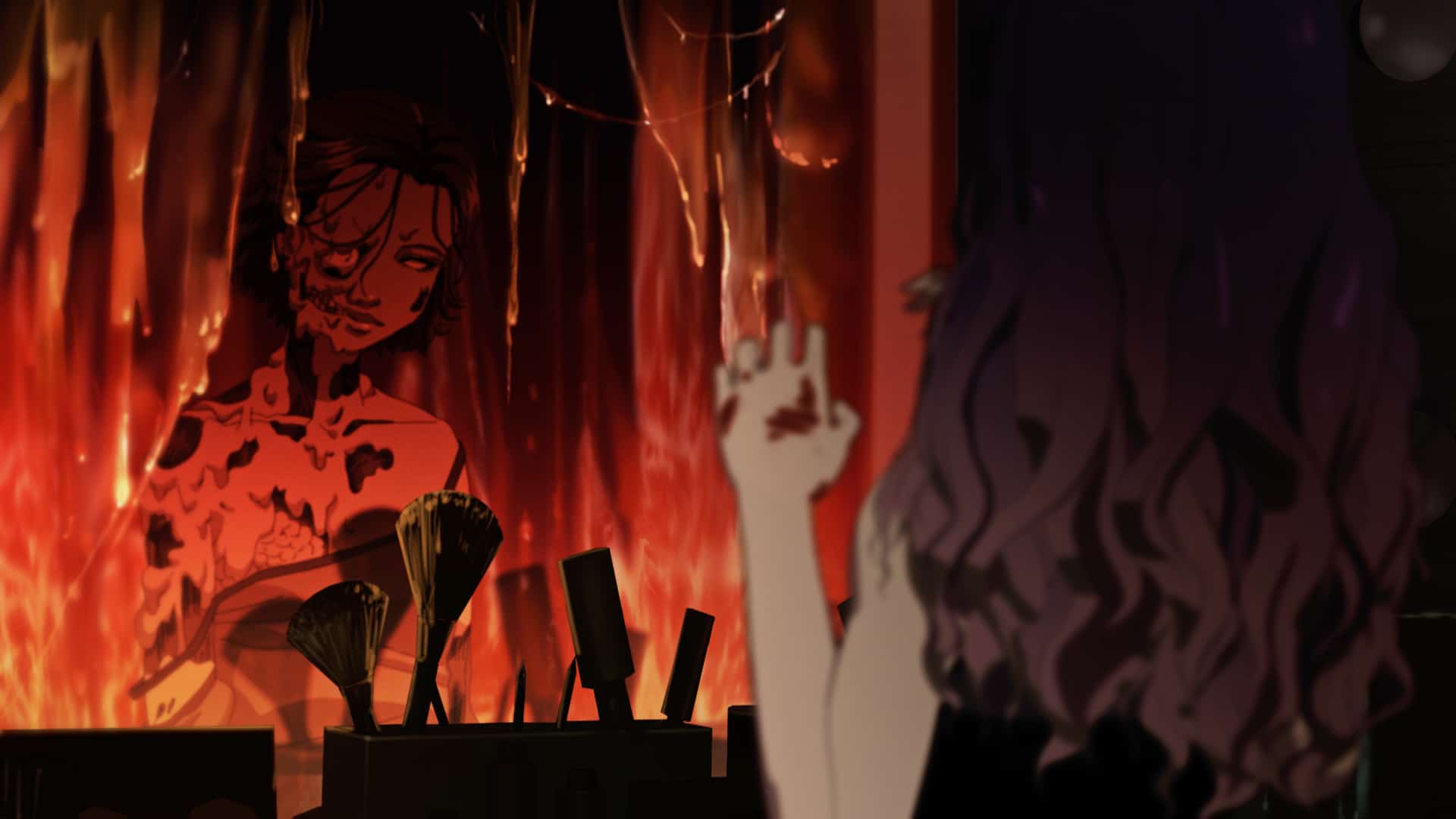Russia's invasion of Ukraine is not the first time the country meddled in the politics of its former member states. In 1991, the democratically elected president of Georgia was overthrown by part of the National Guard and a paramilitary organization called “Mkhedrioni” (“horsemen”) that were backed by Russia. For ‘Limitation' Georgian filmmakers Elene Asatiani and Soso Dumbadze only used documentary material depicting this period of which in recent years, a large amount has been posted on the Internet.
Limitation is screening at the Museum of Moving Image, as part of the First Look 2024 program
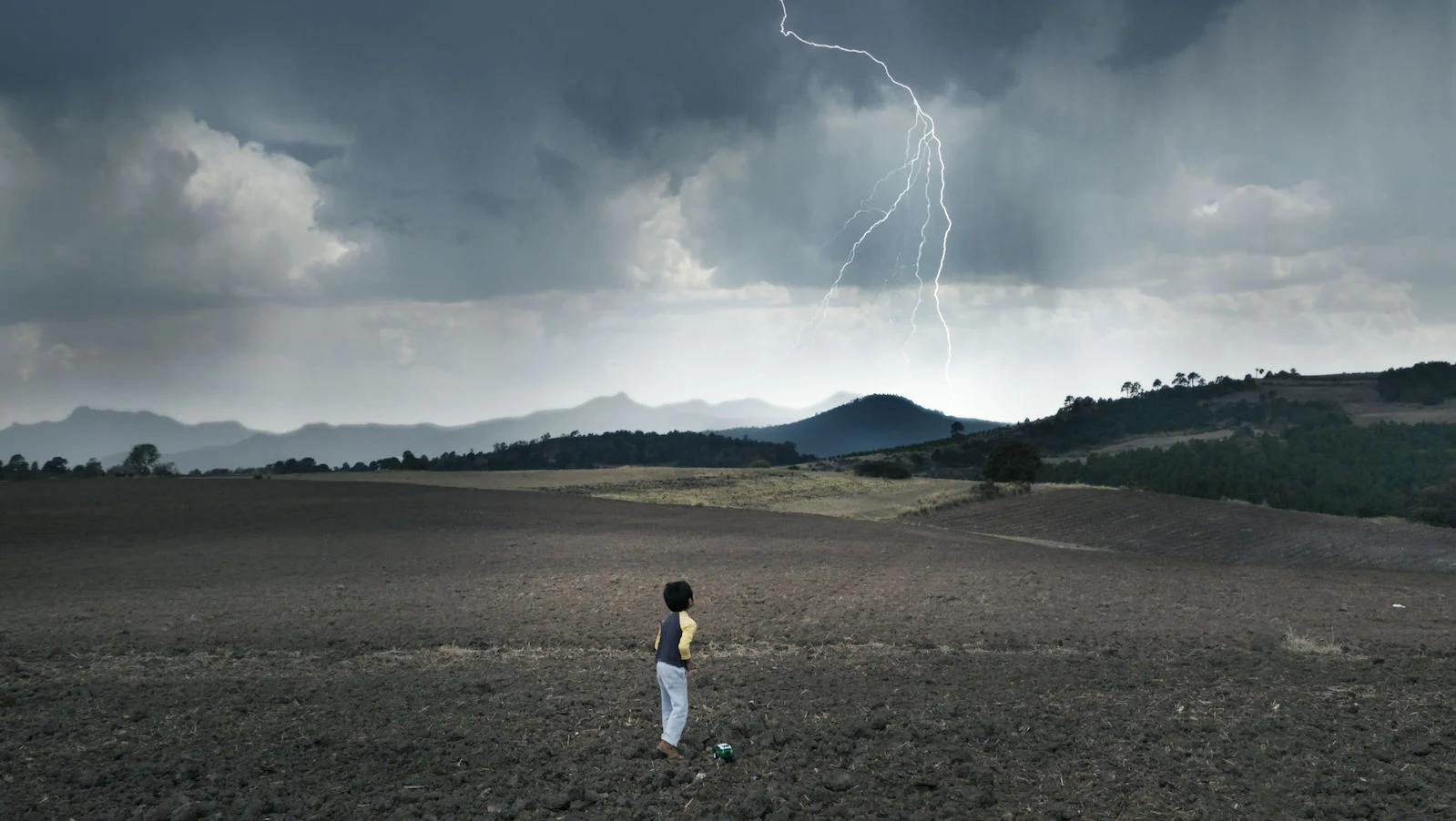
The filmmakers chose images from a variety of sources, giving different, sometimes contradicting perspectives on the events at the time. The film opens with a set of clips establishing the atmosphere. They show us the different views people had on Zviad Gamsakhurdia. There is a recording of a Georgian family partying, one of them carrying a gun. We see a blind lady singing his praise but also obviously wealthier Zviad Gamsakhurdia opponents. An efficient way to not only show the division between the Georgian people and the wealthy, Russian, elite but also the overall tension in the country at the time. In addition, they introduce the hero of the story Zviad Gamsakhurdia. There is KGB footage of his arrest in 1989 and of an interview with a much younger self. What follows is a chronological narrative starting in 1990 with the first free parliamentary election since 1919. We see Zviad Gamsakhurdia being elected as president and the Georgian declaration of independence on 9 April 1991. Tensions then rise and lead to the Tbilisi Civil War where the opposition, backed by Russia, overthrows the democratically elected regime and the new president Eduard Shevardnadze brings Georgian government back under the strong influence of Russia.
‘Limitation' serves as a reminder of Russia's tactics in dealing with its Post-Soviet states. What happened in Georgia 30 years ago, civil warfare incited from outside followed by a military invasion, is not that different from what we see in Ukraine. However, in 1991, the West was enjoying a renewed and improved relationship with Russia. Gorbachev and Glasnost ended the cold war and the idea of the unfriendly Russian enemies disappeared into the background. As a result, the situation in Georgia was not in the news as Ukraine is today. Still, from looking back we can learn a lot, not only about the position of the West then but also about how to do better now and in the future.
Another aspect that makes ‘Limitation' is an urgent movie, is that it showcases how media and film are used, by all sides in a conflict, to influence the audience. Images always reflect someone's subjective, point of view. To give the audience some pointers the directors have added the origin of their sources to every clip. A few times we see the same event filmed by the different sides and as a result presenting us with a different story. Also. we see people being given instructions on where to stand or how to act, asked to repeat what they just said. With the rise of “fake news” it is good to question sources but it is even better to compare multiple sources to get the full picture.

The only music that is added to the film we hear during the end credits. It is, very fittingly, a composition by Zviad Gamsakhurdia's children. Apart from that, only original sounds from the clips are used. There is no voice over or other added commentary, suggesting Asatiani and Dumbadze are giving us an objective version of the facts. Of course this way of telling a story is not entirely objective. By deciding what images to use ,the filmmakers add some of their own opinions. This is limited however as the narrative they present is widely acknowledged by historians and the images speak for themselves.
This said, the editing of ‘Limitation' is amazingly well done. Asatiani succeeds in bringing all the bits and pieces together in a story that is coherent and easy to follow. The only negative point in their approach is that there is very little background information about the situation in Georgia at the time which e.g. for younger people might make the events difficult to place and to relate to.
With ‘Limitation' Asatiani and Dumbadze bring us an interesting take on the re-use of footage found on the internet.


